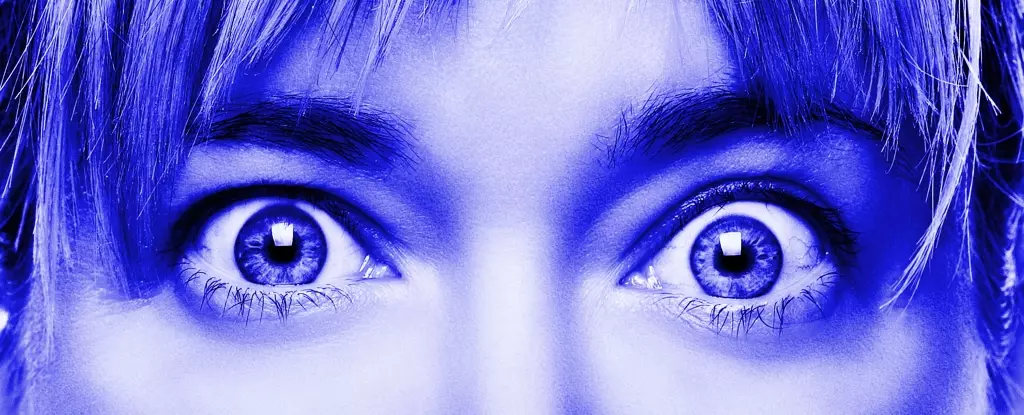Repetition has always had a peculiar effect on the human mind. It leads to phenomena like déjà vu, where we mistakenly believe we have encountered a new situation in the past, creating a sensation of eerie familiarity. However, recent research has shed light on a lesser-known phenomenon known as jamais vu, the opposite of déjà vu, where the familiar feels strange or unfamiliar. This article explores the concept of jamais vu and its implications for our understanding of memory and cognitive processes.
In a recent study that won an Ig Nobel award for literature, researchers delved into the mechanisms behind jamais vu. Unlike déjà vu, which involves a sense of misplaced familiarity, jamais vu entails experiencing something known as unfamiliar or novel. This could manifest as musicians losing their way in a familiar piece of music or individuals feeling disoriented in a familiar setting, perceiving it with “new eyes.” It is a rare and unsettling experience that challenges our perception of reality and memory.
To investigate jamais vu, researchers conducted a series of experiments where participants were asked to repeat a word multiple times. In one study, undergraduates were tasked with repeatedly writing out common and uncommon words. The participants were allowed to stop at any time, and the researchers observed that around 70% of them experienced jamais vu, reporting feelings of strangeness and confusion after about a minute of repetition. In a subsequent experiment using only the word “the,” over half of the participants stopped due to jamais vu after 27 repetitions. The experiences ranged from words losing their meaning to a perceived loss of control over their hand movements.
The research findings highlight the intricate relationship between repetition, familiarity, and cognitive processing. Jamais vu serves as a signal that something has become overly automatic or repetitive, prompting individuals to “snap out” of their current mental state. This feeling of unreality acts as a reality check, preventing cognitive systems from becoming too entrenched in monotonous tasks. The study also draws connections to related phenomena like satiation and the verbal transformation effect, where repeated exposure to stimuli leads to nonsensical interpretations.
Understanding jamais vu has broader implications for cognitive psychology and related fields. The phenomenon could provide insights into conditions like obsessive-compulsive disorder (OCD), where compulsive behaviors lead to a blurring of reality. By studying how repetition influences cognitive processes and perceptions, researchers may uncover novel approaches to treating OCD and other related disorders. Jamais vu offers a unique perspective on how our minds adapt to repetitive stimuli and the importance of maintaining cognitive flexibility.
Jamais vu represents a fascinating and understudied aspect of human cognition. The experience of familiar things becoming unfamiliar challenges our understanding of memory and perception. By exploring the mechanisms behind jamais vu, researchers aim to uncover the intricate workings of our cognitive systems and how they adapt to repetitive stimuli. This research opens new avenues for investigating cognitive flexibility, memory processes, and the impact of repetition on our mental faculties. Ultimately, the study of jamais vu may lead to a better understanding of cognitive disorders and contribute to advancements in cognitive psychology.



Leave a Reply